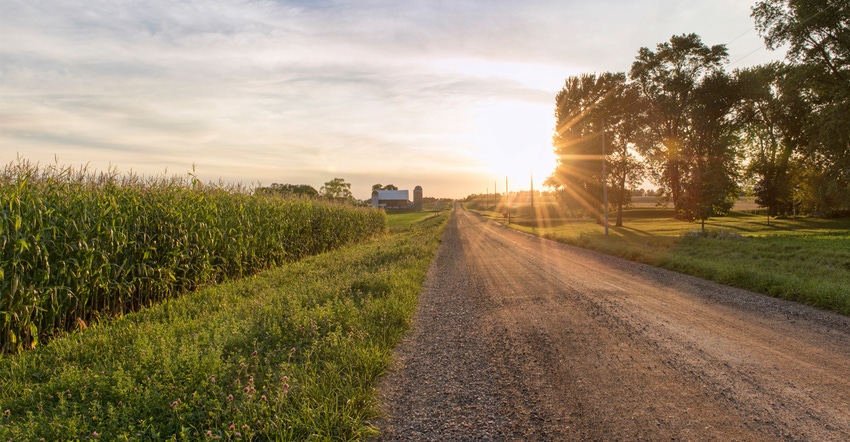January 27, 2020

Michigan’s food and agriculture workforce traditionally consists of the self-employed and family members, but the trend has been showing a sharp increase in the need to hire additional labor within the food and agriculture communities.
With an increased demand for hired labor, housing has become a major issue in Michigan. According to a USDA survey, hired labor rose from 25.3% in 2003 to 42% in 2016. The current labor situation is underscored by the increasing use of the U.S. Department of Labor’s H2A program. In 2005, there were 48,000 applications; and in 2018, there were 243,000 applications nationwide.
The new Food and Agriculture Housing Task Force, led by Michigan Department of Agriculture and Rural Development Deputy Director James Averill, will be delving into housing needs throughout the state.
Other members include the departments of Environment, Great Lakes and Energy, and Labor and Economic Opportunity; Michigan Economic Development Corp.; Michigan State Housing Development Authority; USDA Rural Development; and Michigan Farm Bureau.
“The state’s $104.7 billion a year food and agriculture sector is ripe for growth,” MDARD Director Gary McDowell says. “We’ve consistently heard that a lack of hired labor is a significant impediment for those businesses. This is the first step for MDARD to help address the lack of housing.
"The task force will be working to address the need for food and agriculture housing while balancing the individual needs of communities, which may have its own challenges and require a more regional solution-driven approach.”
Individuals interested in offering feedback about housing may take a survey at surveymonkey.com.
MDARD will be hosting six regional town hall meetings across the state to hear from community leaders, economic development representatives, and food- and ag-based businesses to garner input about their individualized needs. To RSVP for these meetings, visit surveymonkey.com.
The meetings are set for:
Taylor. 1 to 4 p.m. Feb. 5, Wayne County Community College, Ray Mix Conference Room, 21000 Northline Road, Taylor
Grand Rapids. 1 to 4 p.m. Feb. 11, Western Michigan University — GR Beltline Campus, Woodland Suites, 2333 E. Beltline Ave., SE, Grand Rapids
Kalamazoo. 1 to 4 p.m. Feb. 12, MDOT Office Building, East/West Conference Rooms, 1501 E. Kilgore, Kalamazoo
Frankenmuth. 1 to 4 p.m. March 10, Saginaw Valley Research & Extension Center, Exhibition Room, 3775 S. Reese Road, Frankenmuth
Traverse City. 1 to 4 p.m. March 30, NW Michigan Horticultural Research Center, 6686 S. Center Highway, Traverse City
Escanaba. 1 to 4 p.m. March 31, Bay de Noc Community College, Room 952, Herman University Center, 2001 N. Lincoln Road, Escanaba
“These town hall meetings will help identify the needs of the food and ag businesses, the potential challenges within local communities, and how the department can be a catalyst for identifying regional solutions,” Averill says. “By addressing housing issues for food and agriculture, we will also help address workforce issues and continue to see the sector grow.”
Results from town hall meetings, surveys and one-on-one meetings will be used to develop a final report this summer to identify solutions and an implementation plan.
Source: MDARD, which is solely responsible for the information provided and is wholly owned by the source. Informa Business Media and all its subsidiaries are not responsible for any of the content contained in this information asset.
You May Also Like




